How To Look at Photos of Yourself Without Feeling Like Crap
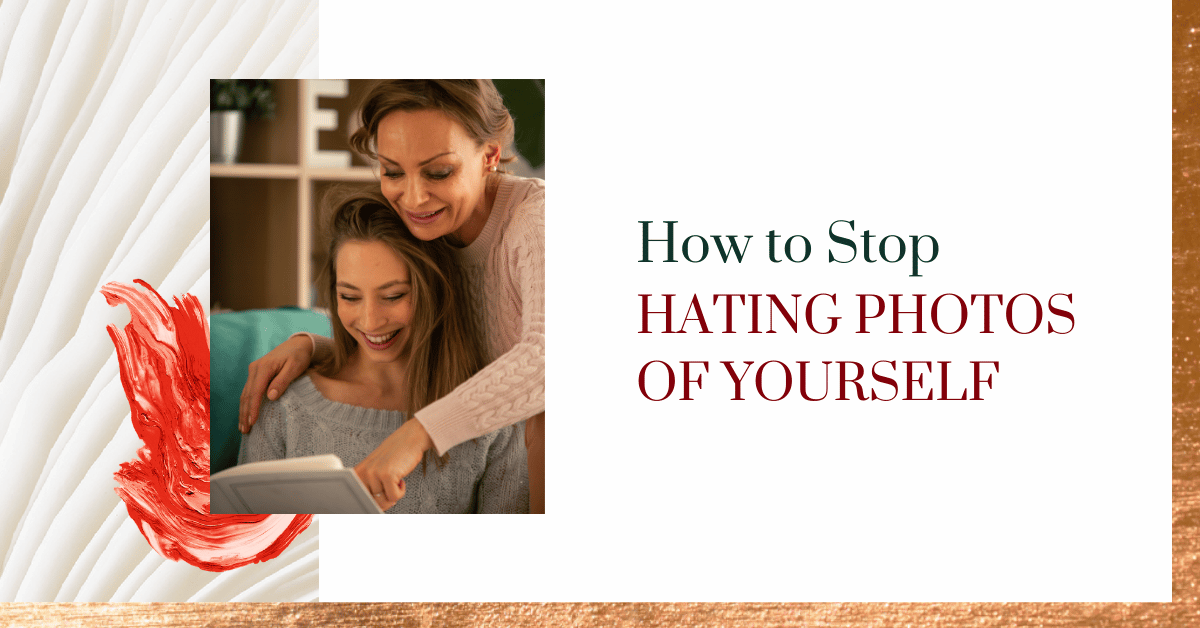
If you feel stress, anxiety, sadness, or shame when you see photos of yourself, you’re not alone. Read on to learn how to stop hating photos of yourself – including 7 steps and reflection prompts for you to try next time looking at a photo sends you into a shame/self-criticism spiral.
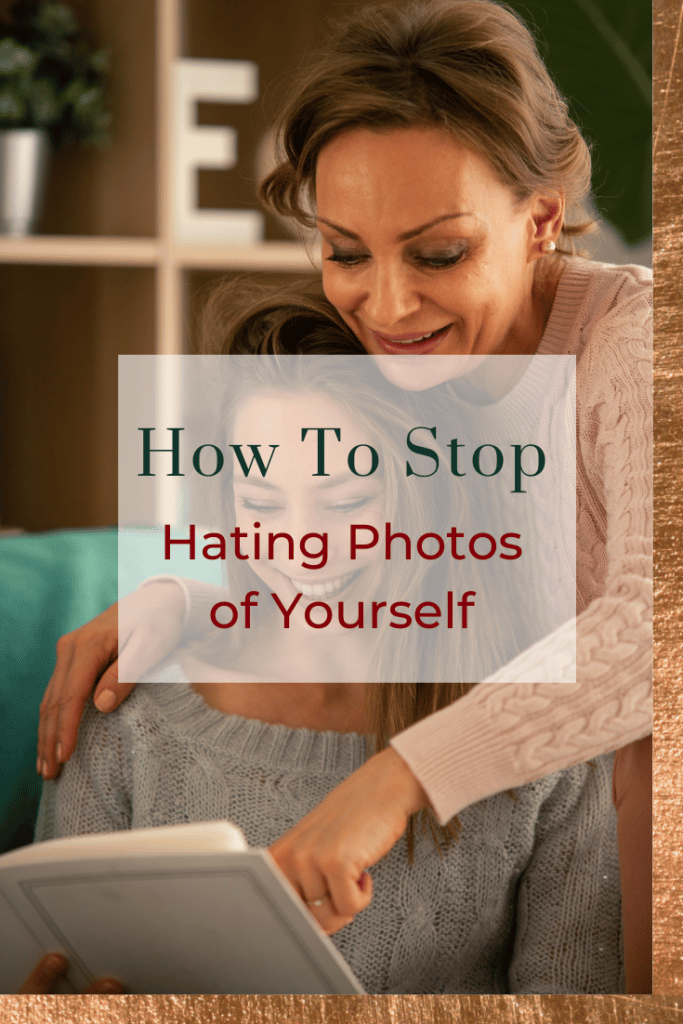
If you feel stress, anxiety, sadness, or shame when you see photos of yourself, you’re not alone. These feelings may come up when looking at old photos, or you may feel this way looking at pictures or videos featuring your here-and-now body.
For many people, seeing a photo of themselves can send them down a shame spiral – comparing themselves to how they used to look, comparing themselves to others in the photos, wishing they could look different, wishing they could be thinner, feeling like they should look different or be thinner.
I used to agonize over photos of myself. I’d pick apart my body, my hair, my face, my skin, the expression on my face. I’d compare myself to the people around me – people that, I was sure, looked sooooo much better than I did.
Looking back at old photos now – I can viscerally remember the feeling of not liking how I looked at the time. Yet it’s funny because now I look at those photos and just think, “I look fine” or – if it is a “bad” photo of me (whatever that means – usually the angle or the double chin or something similar) it doesn’t bring up my critical voice at all. Now I can look at photos and think, “Yup, not a great one of me” and move on – with very few negative emotions involved.
I do think it’s important to share that I have a lot of body privilege: I am straight-sized, able-bodied, considered “pretty” by societal standards, and – despite my ever-multiplying eye wrinkles and grey hairs – am relatively young.
But no matter what you look like, it is possible to get to a place where looking at photos doesn’t cause as intense of a reaction.
It does take some work, as you need to start sitting with and unpacking the feelings that photos of yourself bring up, and the thoughts and beliefs and experiences behind those feelings.
Unpacking Where Your Beliefs About Your Body Come From
Given that we’ve all been swimming in our cultural beliefs from the day we are born, sometimes it’s not easy to see that the things we may believe about ourselves and our appearance did not actually originate in ourselves.
The beliefs we have about how we look did not come out of nowhere – they were handed down to us by a culture that specifically created beauty and body ideals in order to keep people oppressed and not in their power.
Our culture is hostile towards women’s bodies (and minds). From a very young age, we are taught that the value we have in the world is linked to our appearance and to other people’s evaluation of our appearance. We are taught to diet and shrink ourselves and look a certain way in order to be accepted, respected, and loved. So many of us do.
We spend a huge portion of our time, money, and energy attempting to “fix” ourselves to fit into the status quo. But if we didn’t believe that grey hair, or wrinkles, or belly rolls were an issue, would we spend our money, time, or mental energy trying to “fix” those things?
The diet industry makes over $100 billion/year selling the idea that fat is bad, that our bodies need to be changed, and that we need to follow rules to “control” ourselves. The beauty industry makes even more, convincing us that we need to buy products in order to feel better about ourselves.
Not to mention, the majority of images we see nowadays – on tv, in movies, on social media, in ads – are all filtered and edited. So we are usually comparing ourselves to an impossible and unrealistic standard.
All of these beauty and body ideals are not of your creation, they were handed to you by society (and by advertisers and companies who make money selling a “solution” to fix these “problems”).
If we were all comfortable in our own skin, the diet and beauty industries would go out of business (or at least lose a whole lot of money).
Below I’ve included some steps and reflection prompts to consider the next time a photo sends you spiraling down with negative emotions and self-critical thoughts.
How To Stop Hating Photos of Yourself
1. Notice: bring awareness to what thoughts arise when you look at the photo.
Take a step back, pause, and create some space to observe your thoughts. “I’m having the thought that I look awful in this photo” or “I’m having the thought that I wish I could be thin like that again”.
2. Reflect: use that space to think about the following:
- What is the story that you are telling yourself about your body?
- What are the thoughts, feelings, and beliefs behind that story?
- Where did you learn these beliefs? Who taught you this?
3. Recall what was happening and how you felt at the moment the photo was taken.
What memories from this moment do you want to remember when you look at this photo? For example, instead of focusing on how you look, can you think about the fun that you had that day, the people you got to spend time with, the yummy food you ate, or the interesting things your did or saw?
4. If it’s a photo from the past, use that “pause” to reflect on:
- What is it about that body that you are missing?
- What is it about that body that you think is going to make your life better right now?
- What was going on for you mentally and emotionally at that time?
- What did you have to sacrifice to maintain that body or size?
- Were you truly happy with your body at that time, or were you still trying to change it?
We tend to just compare the physical – what my body looked like then versus what it looks like now – but not reflect upon the full picture.
As the people in The Liberated Body group recently discussed, many of us romanticize the past – missing the body we had then, but not always remembering – or thinking about – how we actually felt at that time.
5. Let yourself feel whatever it is you are feeling.
Try to sit with those feelings, and feel those feelings (easier said than done, I know!) – feel them, grieve, and begin to move through the feelings to get to the other side of them. Note: this is where coping skills and support systems come in really handy to help as you process your feelings.
6. Practice self-compassion.
Give yourself grace. Criticism and shame are not good motivators for change or growth; they just keep us stuck.
Self-compassion involves treating oneself with kindness rather than criticism or judgment. If it feels challenging to be kind to yourself, think of how you’d respond to a friend or loved one: can you direct those words towards yourself?
Make an active effort to soften the voice in your head. Some examples of self-compassionate statements:
- “It’s ok for me to feel sad, this is hard, and I don’t have to be so mean to myself.”
- “Feeling pain and discomfort is difficult, but I can get through it.”
7. Remind yourself that it is just a photo.
It says nothing about your worth or value as a person. Think about all the other aspects of you that the camera does not capture.
If you’re looking at photos from the past, remind yourself that your body is not meant to stay the same size, shape, or appearance all of your life. You’re grown and changed mentally, emotionally, spiritually – as well as physically.
As you continue to sit with and unpack your feelings, at some point it can help to purposefully look at photos of yourself to get used to the experience a bit. Repeated exposure – the more you look at photos of yourself, the more used to your current appearance you get – can really help. We tend to react better to things that we see more often, including photos of ourselves.
I’ll leave you with a quote that Anna, a photographer at Heard in London, shared when I posted about this on Instagram:
“As a photographer [I remind people that] each time they have the courage to show up as their full authentic selves, they create a little more room for folk who look like them.”
Looking for More Support?
My team and I offer virtual one-on-one coaching and can help you get out of the all-or-nothing mindset, find the gray area, and make peace with food and your body – check out our nutrition coaching packages to learn more.
You can also check out my Unapologetic Eating 101 Course, an online, self-paced intuitive eating and body image program to liberate yourself from dieting and make peace with food and your body.
Author Bio
This article was written and reviewed by Alissa Rumsey, MS, RD, CSCS, a registered dietitian and Certified Intuitive Eating Counselor. She specializes in weight-inclusive care, intuitive eating, body image healing, mindfulness, self-compassion, and healing from chronic dieting, disordered eating, and eating disorders. Alissa holds a Bachelor’s Degree in Nutrition and Exercise Science, and a Master’s Degree in Health Communications, and is also an NSCA Certified Strength and Conditioning Specialist.
6 Comments
Leave a Comment
share the love
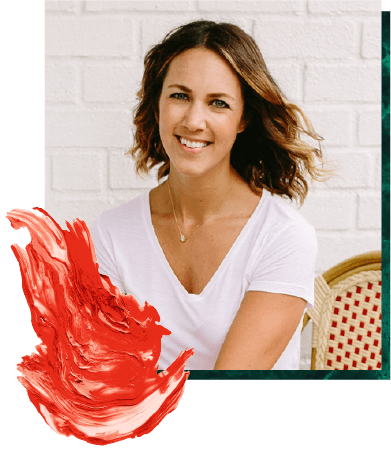
about
Alissa Rumsey, RD.
Alissa Rumsey, MS, RD, CDN, CSCS (pronouns she/her/hers) is a registered
dietitian, nutrition therapist, certified intuitive eating counselor, and the author of
Unapologetic Eating: Make Peace With Food and Transform Your Life. Alissa is
passionate about helping people reclaim the space to eat and live,
unapologetically.
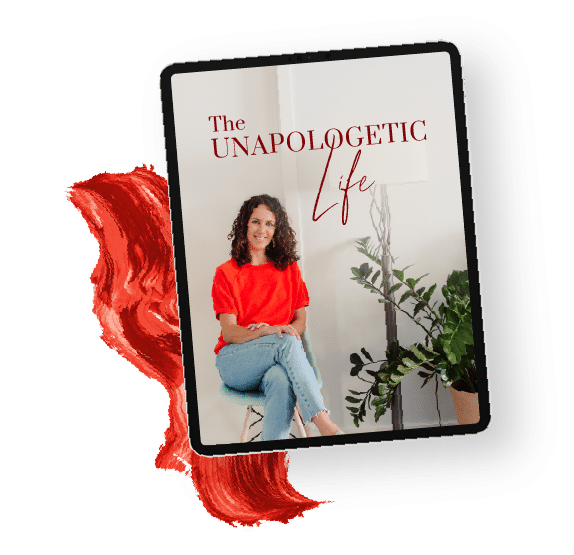
A twice-a-month round-up of inspirational stories, lessons, practical tips and encouragement for living your most authentic, unapologetic life.
The Unapologetic Life
RECENT POSTS

The Unapologetic Life
A twice-a-month round-up of inspirational stories, lessons, practical tips and encouragement for living your most authentic, unapologetic life.






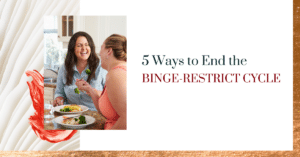

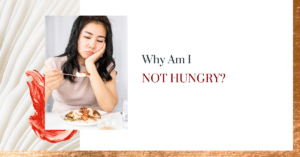
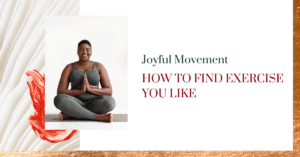
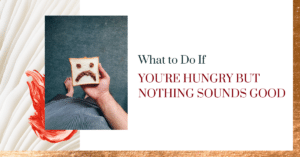
Thank you for this post. I’ve always hated pictures of myself I don’t think I’m photogenic. My whole family always taking pictures and I always try to avoid being in them. I hate that I feel this way but not sure how to get past it. I avoid any photo opt if possible I want to change this. I know when I get old I will regret not being in pictures. I’m glad to hear other people out there feel this way.
Thank you for sharing your experience – I’m glad this was helpful! You are certainly not alone in feeling this way.
Thank you so much i needed this .
You’re very welcome, I’m glad it was helpful!
#3 was kind of helpful for me. My real problem is people ask to take my photo and I hate it and then they say I don’t look happy in the photos. I try to fake a smile but I really am anxious and miserable the whole time and then they always want you to look at it right after for whatever reason which is even worse. I am not sure what to do about it am I allowed to not like having my picture taken? I try to suck it up but it’s still not enough and makes me miserable.
You are absolutely allowed to decline having your photo taken! I know it can be hard, but it’s a boundary you are allowed to set with others.